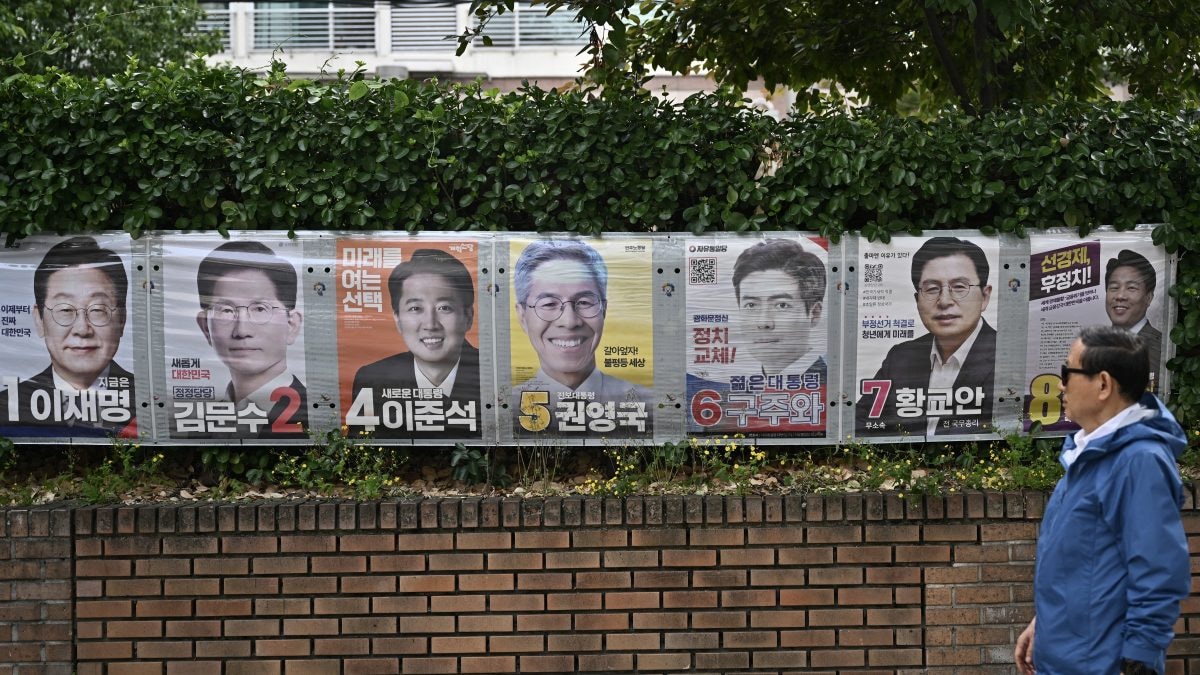With their economic future at stake, young South Koreans are becoming a decisive voting bloc in this snap electionread more
As South Korea heads into a pivotal presidential election on June 3, youth unemployment has emerged as one of the most pressing and divisive issues on the campaign trail, highlighting deep economic concerns and a widening social divide.
The youth unemployment rate hit 5.9% in December 2024 and is projected to rise to 6.3% by mid-2025. While the numbers may seem moderate, they reveal deeper problems.
The employment rate for South Koreans aged 15 to 29 fell to 44.8% in January 2025, with 218,000 jobs lost—the steepest drop in four years. Many of those who are employed work in ultra-short-term or unstable jobs, and nearly 30% of PhD holders under 30 remain jobless, signaling a mismatch between education and job market needs.
Young voters could sway the outcome
With their economic future at stake, young South Koreans are becoming a decisive voting bloc in this snap election. Each major candidate has taken a different approach:
Lee Jae-myung (Democratic Party) promises to create new job opportunities through investments in artificial intelligence and Korea’s cultural wave, including music and entertainment.
Kim Moon-soo (People Power Party) has focused more on business-friendly policies and foreign relations, offering fewer direct solutions for youth unemployment.
Lee Jun-seok (Reform Party) has gained traction among young male voters by vowing to abolish the gender ministry and address what he calls “reverse discrimination” in the workplace.
A sharp gender divide
The youth vote is also deeply split by gender. Many young men back conservative candidates, voicing frustrations over mandatory military service and job competition. Meanwhile, young women are leaning toward progressive policies and gender equality, resisting what they see as growing misogyny in politics.
This gender divide mirrors global patterns, where younger men are increasingly drawn to right-wing politics, while younger women align with progressive causes.
Why aren’t young people taking jobs?
Despite the unemployment crisis, many young South Koreans are reluctant to work for small and medium-sized businesses (SMEs), citing lower wages, fewer benefits, and less social prestige. In 2024, only 30.9% of SME employees were in their 20s and 30s, a sharp drop from 47.7% in 2003.
Local governments step in
In the absence of comprehensive national reforms, local governments are taking action:
Busan allocated 75.2 billion won to job training and career support.
Gwangju is connecting young job seekers with local employers and offering job-seeking allowances.
Cheonan invested 2 billion won in youth employment programs.
These efforts aim to improve job matching, provide training, and reduce the economic strain on young people.
As voters head to the polls, youth unemployment remains one of the most urgent challenges—and could very well shape the direction of South Korea’s future.
